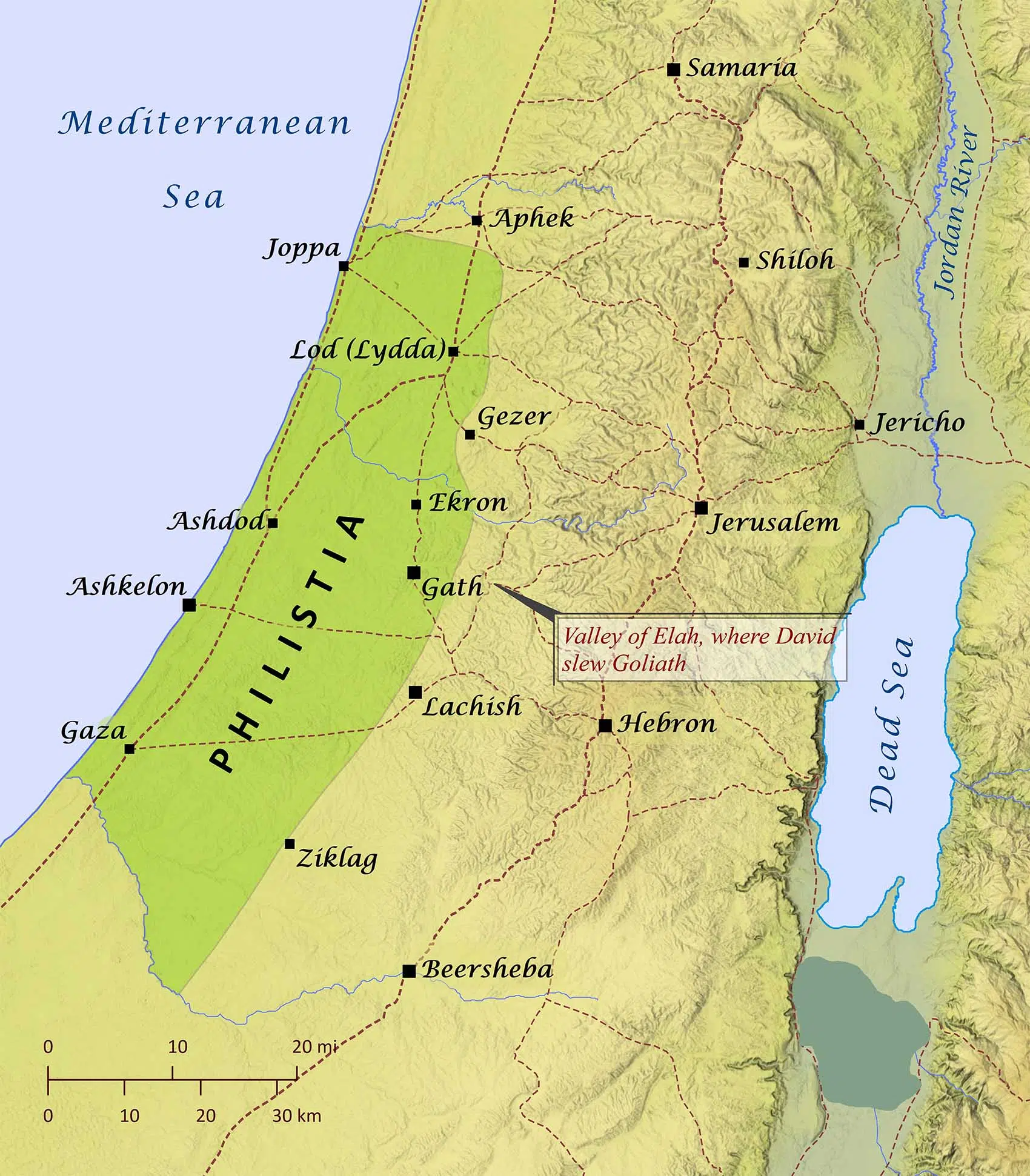Joel addresses the farmers and the vinedressers, urging them to lament the disaster caused by the locust plague of invaders.
The locust plague affected not only the drunkards (vv. 5–7) and the priests and worshipers (vv. 8–10), but it also affected the farmers and the vinedressers. The prophet called these people to lament, saying, Be ashamed, O farmers, wail, O vinedressers, for the wheat and the barley. The reason for the call to mourning was because the harvest of the field is destroyed.
The term farmer refers to someone who works the land to raise grains such as wheat and barley. Wheat was the preferable cereal in food preparation and for baking. Its planting starts in late October and continues into November. Depending on the region, its harvest time was usually between the end of April and late May. Barley was a winter grain, usually planted from late October through December. It was widely cultivated in Egypt (Exodus 9:31) and in the land of Canaan (Leviticus 27:16; Deuteronomy 8:8).
Wheat and barley were essential agricultural products for the Israelites. In fact, wheat even carried significant value for trade. King Solomon bought cedars from Lebanon to build a temple for the LORD and paid in part with wheat (1 Kings 5:11). Not only was wheat significant in trade, but it also played an important role in Israel’s thanksgiving to God and became an image of plenty. In Exodus, the LORD instructed Israel to observe the Feast of Weeks, during which they were to offer the first fruits of the wheat harvest to Him (Exodus 34:22). Thus, Joel cited the loss of wheat and barley here to describe the devastating effects of the locust plague on agriculture.
The term vinedresser refers to someone who prunes, trains, and cultivates. Here in our context the term indicates a broad sense of tending to fruit-bearing plants and trees. In verse 12, the prophet stated, The vine dries up and the fig tree fails; the pomegranate, the palm also, and the apple tree, all the trees of the field dry up.
The vine was the source of grapes and wine. Fig trees were the source of figs, which could be eaten either fresh or dried. They could be baked into cakes. Pomegranates were another fruit that could be eaten fresh or dried. The pomegranate fruit was eaten, squeezed for juice, and used in Israelite rituals (Exodus 28:33–34; 1 Kings 7:20). The palm is a magnificent, tall tree that grows abundantly in the ancient Near East. It has a distinctive look. It has a long, slender trunk with foliage only at the very top. It appears in the book of Judges as a symbol for grandeur and steadfastness (Judges 4:5). The apple tree was a cultivated tree that bears refreshing fruits, which have a pleasant smell (Song of Solomon 2:5, 7:8).
The prophet further stated that all the trees of the field will dry up. The invaders have caused severe damage in the Israelite land, prompting Joel to ask everyone to recognize the uniqueness of the experience and lament it. Under such circumstances, the people of Judah could no longer enjoy the fruits of the land. Indeed, rejoicing dries up from the sons of men. All that remained was shame, sadness, and wailing.
Biblical Text
11 Be ashamed, O farmers,
Wail, O vinedressers,
For the wheat and the barley;
Because the harvest of the field is destroyed.
12 The vine dries up
And the fig tree fails;
The pomegranate, the palm also, and the apple tree,
All the trees of the field dry up.
Indeed, rejoicing dries up
From the sons of men.
Check out our other commentaries:
-
Revelation 4:9-11 meaning
In the throne room of God, the twenty-four elders who sit on thrones also participate in worshiping God and submitting their authority under Him....... -
1 Samuel 8:19-22 meaning
Despite God’s warnings to the Israelites that a king will oppress them, they refuse to listen, and finalize their request for a human monarch. They...... -
Exodus 6:28-30 meaning
This section is repetitious to verses 10-12, reiterating God’s command to Moses....... -
Deuteronomy 12:17-19 meaning
Moses warns Israel against eating sacrifices within their gates. This act is to be done before the Suzerain God in the sanctuary as a way...... -
Deuteronomy 15:7-11 meaning
Moses urged the Israelite creditors not to be reluctant to lend money to their needy brothers when the year of remission is near, because the......



